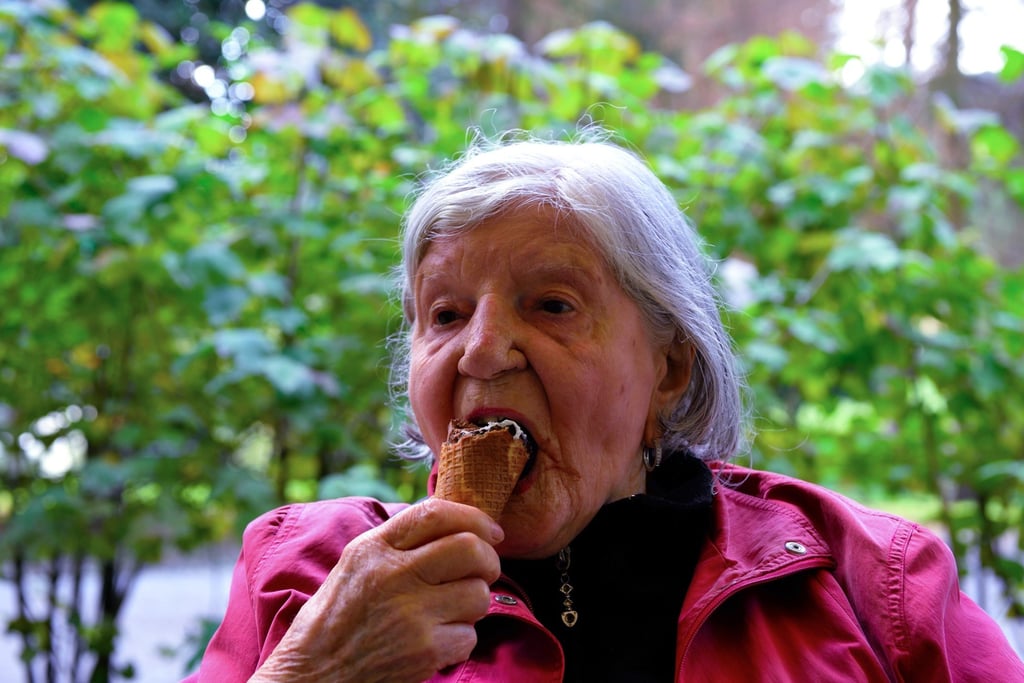Advertisement
Dementia and appetite loss: how to help a loved one to keep eating and drinking when their sense of taste changes
- For writer Anthea Rowan, seeing her mother’s appetite loss was devastating, and trying to keep her interested in food and drink was a real challenge
- About 70 per cent of Alzheimer’s patients experience taste changes; a Hong Kong professor explains why – and offers 7 helpful tips to keep them eating
Reading Time:4 minutes
Why you can trust SCMP

This is the 35th instalment in a series on dementia, including the research into its causes and treatment, advice for carers, and stories of hope.
Advertisement
There were many things about my mother’s Alzheimer’s disease that were devastating – many things beyond her “forgetting”.
There was her late-stage paranoia, the terrible hallucinations she suffered, the fact she did not believe I was her daughter.
But one of the saddest was witnessing her loss of appetite.

When she first came to live with me, she ate with enthusiasm, eager to try everything. She enjoyed mealtimes, an occasion to be social, a chance to sample something she was certain she had never ever eaten in her life before, ever: yogurt, avocado, a slice of pizza.
Advertisement

Advertisement